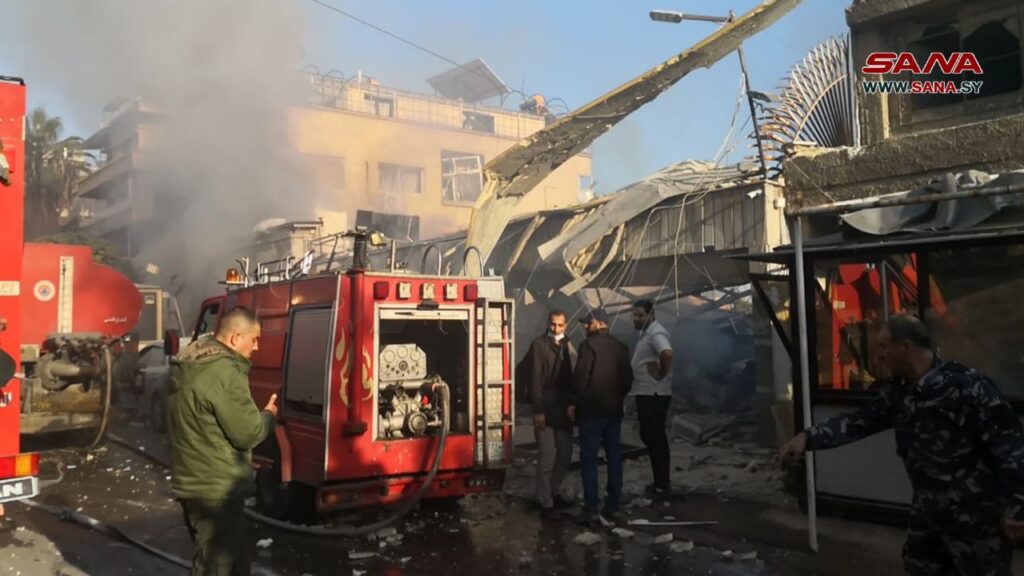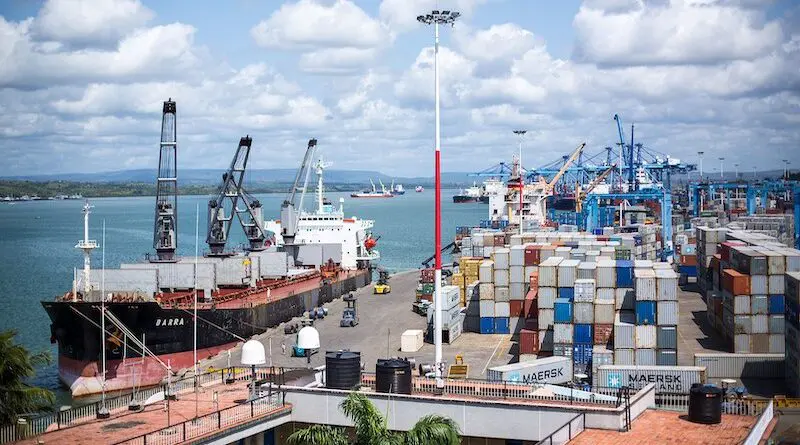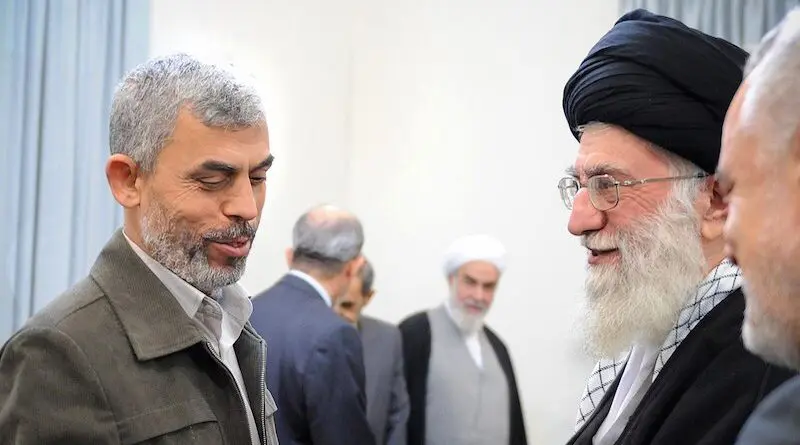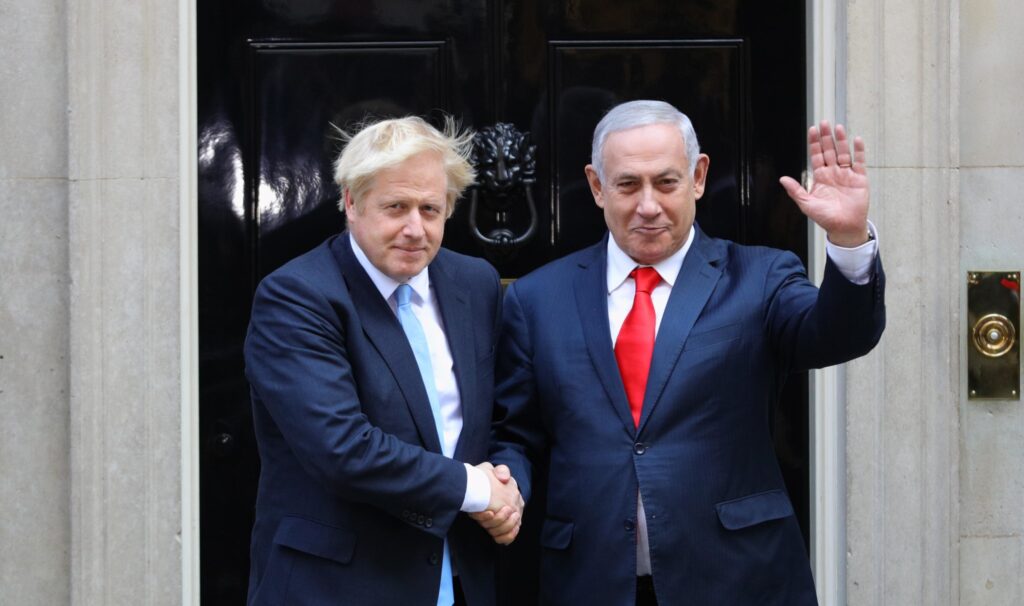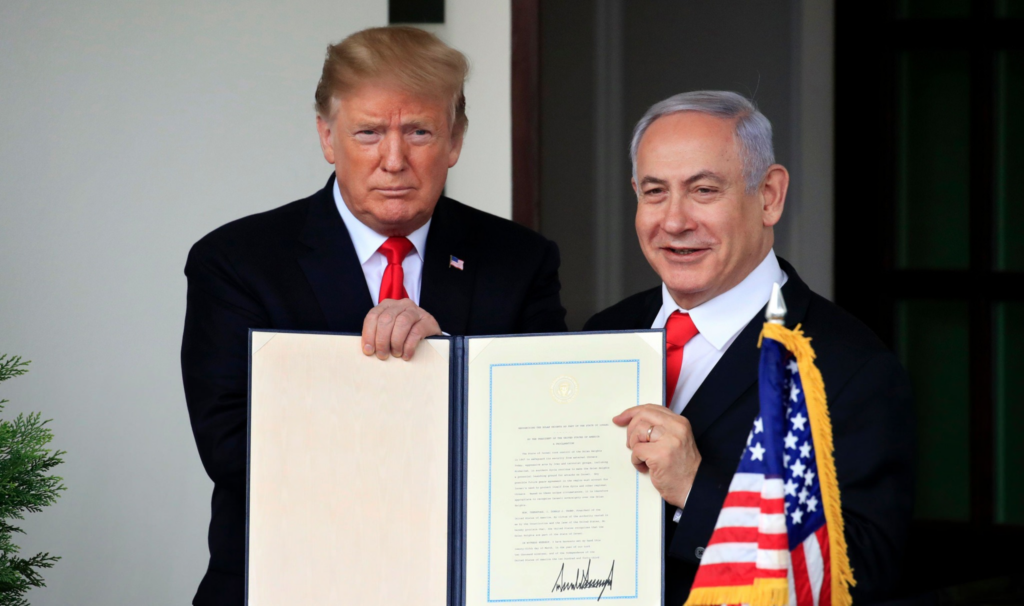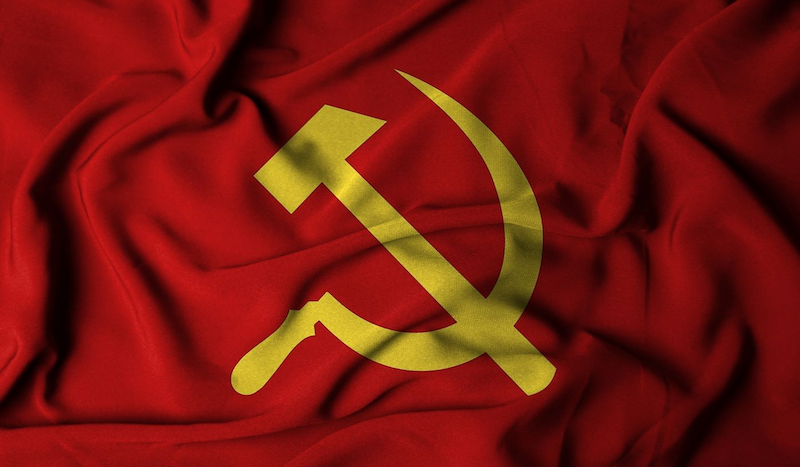Evolving Trends in the Financing of Foreign Terrorist Fighters’ Activity: 2014 – 2024

In its resolution 2178 (2014), adopted unanimously on 24 September 2014, the Security Council expressed
particular concern over the acute and growing threat posed by foreign terrorist fighters (FTFs),1 in particular those recruited by Islamic State in Iraq and the Levant (ISIL or Da’esh), the Nusrah Front and other cells, affiliates, splinter groups or derivatives of Al-Qaida. It also expressed concern over the increased use of communication technology for the purpose of, inter alia, financing and facilitating the travel and subsequent activities of FTFs and underlined the need to disrupt financial flows supporting FTFs, while respecting international human rights law, international refugee law, and international humanitarian law. In that resolution, the Council also directed CTED to identify issues, trends and developments related to FTFs.

